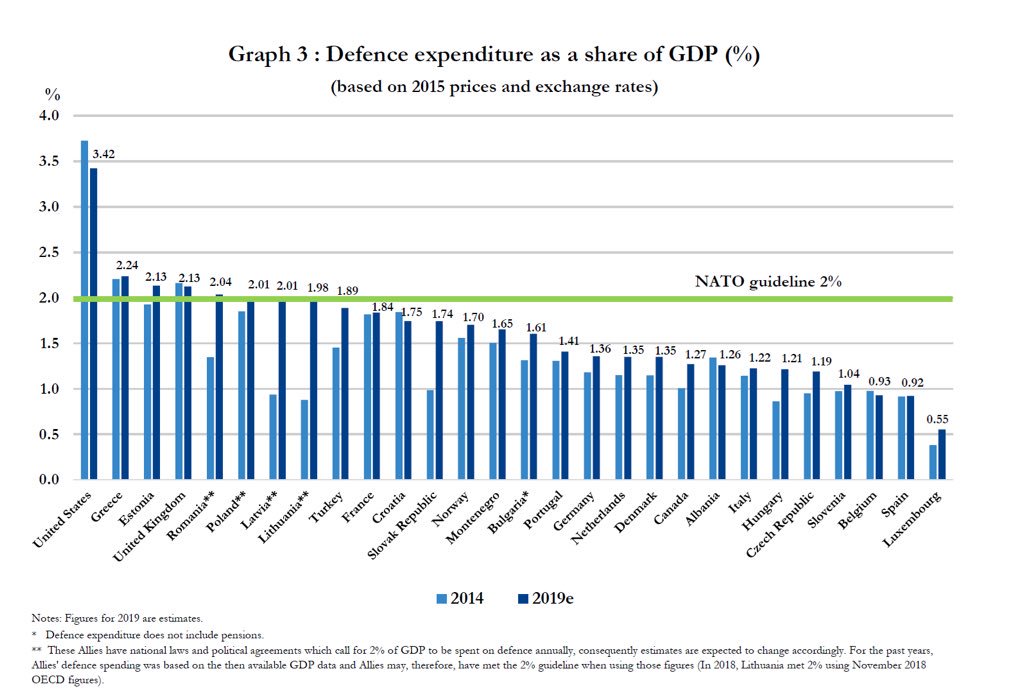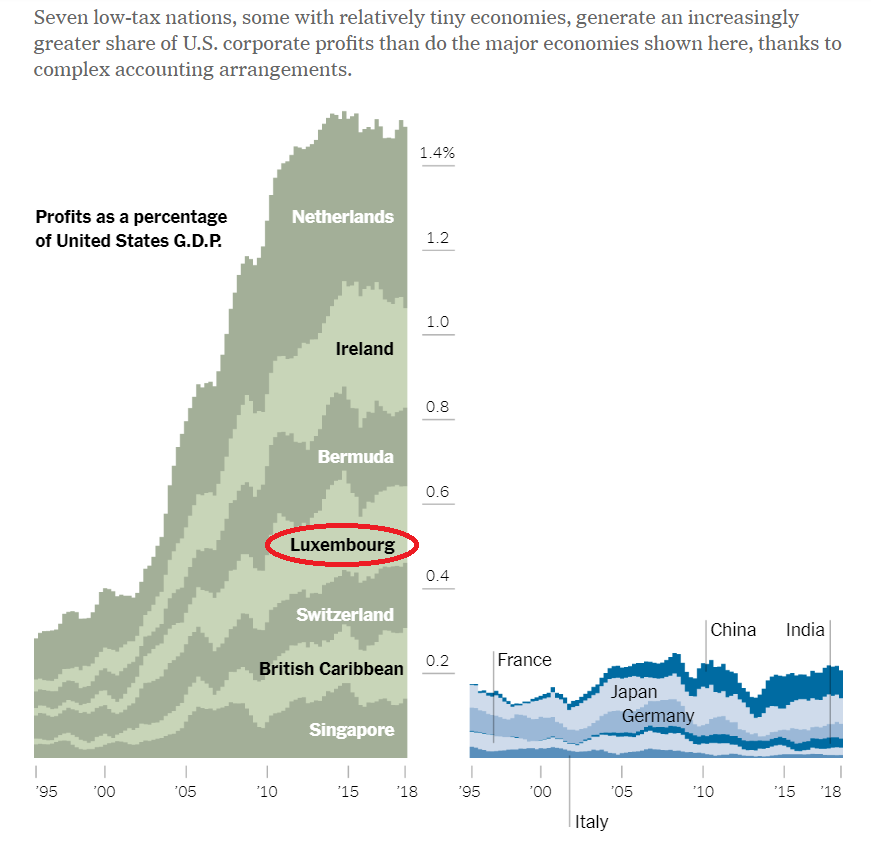I recently started working at the Social and Economic Geography research group of Ghent University, in the team of professor Ben Derudder. We study financial networks in collaboration with the team of professor Sabine Dörry at the Luxembourg Institute of Socio-Economic Research.
But why am I at the department of geography instead of economics? In other words, what exactly is financial geography? I have to admit that I didn’t know until a couple of months ago.
This post is an attempt to describe what financial geography is, and what sets it apart from other fields that study finance.
Continue reading “What is financial geography?”


